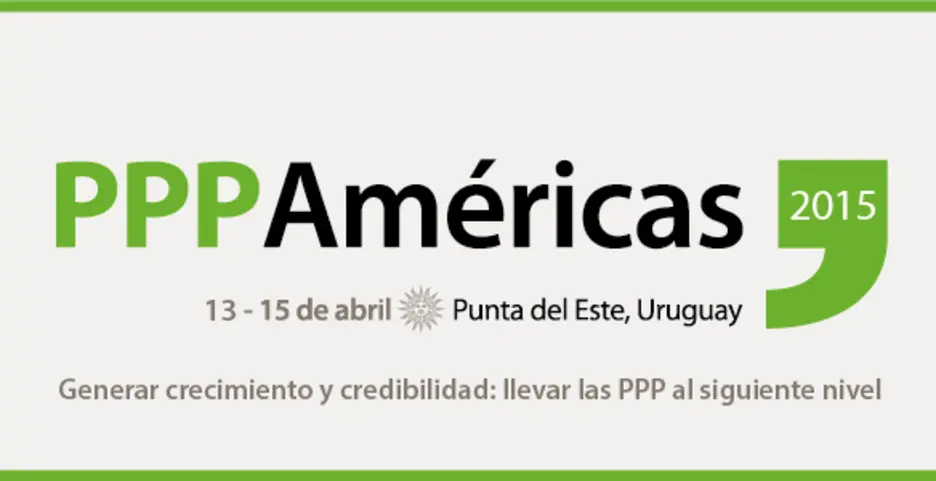Towards a new generation of public-private partnerships for Infrastructure

 At the Multilateral Investment Fund, we believe that public-private partnerships (PPPs) can help governments fill this infrastructure gap. However, the projects must be implemented effectively and efficiently to achieve its social and economic objectives. Governments in the region not lack financing to address the infrastructure gap, but also face challenges in selecting the appropriate large infrastructure projects, planning the projects, managing and maintaining infrastructure assets—and gaining public support for private investment in public infrastructure.
At the Multilateral Investment Fund, we believe that public-private partnerships (PPPs) can help governments fill this infrastructure gap. However, the projects must be implemented effectively and efficiently to achieve its social and economic objectives. Governments in the region not lack financing to address the infrastructure gap, but also face challenges in selecting the appropriate large infrastructure projects, planning the projects, managing and maintaining infrastructure assets—and gaining public support for private investment in public infrastructure.
Yet, PPPs are gaining ground in Latin America and the Caribbean. Beyond the larger economies of Brazil, Colombia, and Mexico, assistance from the MIF and the Inter-American Development Bank (IDB) has enabled countries such as Paraguay to develop laws that pave the way for PPP projects. Just this week, Paraguay announced its first such project, which involves an investment of $350 million to improve and build more than 150 kilometers of roads.
PPPs have been moving beyond classic interventions in public infrastructure: roads, railways, power generation, and water- and waste-treatment facilities. The projects increasingly are on the next level, of providing social infrastructure: schools, hospitals, and health services. Some projects involve correctional facilities, and others finance the provision of social services using innovative social impact bonds.
Together with the government of Uruguay, we at the MIF and the IDB are proud to bring you this spring the next edition of PPPAmericas, the largest conference on sharing best practices and trends in the preparation and financing of PPP projects. We will be diving into issues including how to select better projects, make PPPs more fiscally sustainable and transparent, improve on the recent generation of PPP laws and regulations across the region, and deal with a surge in unsolicited proposals.
We hope you will join us at PPPAmericas in Punta del Este, Uruguay, April 14-16, to meet leading practitioners, policymakers, representatives of government, and private-sector experts. Together, we hope to begin to answer the question of how to create a smarter generation of PPPs.
Registration is now open at www.pppamericas.org
This blog was originally posted on the FOMIN blog
LIKE WHAT YOU JUST READ?
Subscribe to our mailing list to stay informed on the latest IDB Invest news, blog posts, upcoming events, and to learn more about specific areas of interest.
Subscribe

